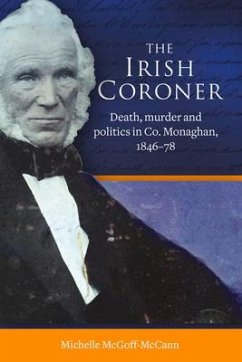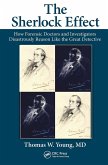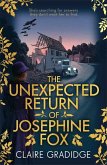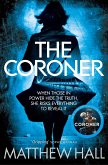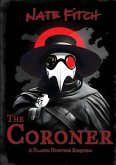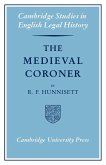Coroners who conducted inquests into sudden and suspicious deaths in nineteenth century Ireland were viewed with disdain and disrespect in a society that was highly politicised and deeply divided. Whilst men who served in the role represented the authority of government and the need for social order and justice, it often put them at odds with Ireland's local elite - particularly when identifying corruption, social and moral deficit and sectarian murder. Were coroners dishonest or did they share the reputation of their English counterparts as 'magistrates of the people'? The Irish Coroner is an historical and social analysis of the coroner in pre-Famine, Famine and post-Famine Ireland and exposes a gap in Irish administrative history. It uses the life and work of William Charles Waddell, Esq. who served as coroner in north County Monaghan over three decades from 1846 to 1877 as a case study. The book uses a unique set of coroners' inquests. It is an uninterrupted set of records over 31 years of an Irish coroner's career. There is no other like it. The Irish Coroner offers, for the first time, the social importance of death investigation within local communities, particularly during
Hinweis: Dieser Artikel kann nur an eine deutsche Lieferadresse ausgeliefert werden.
Hinweis: Dieser Artikel kann nur an eine deutsche Lieferadresse ausgeliefert werden.

